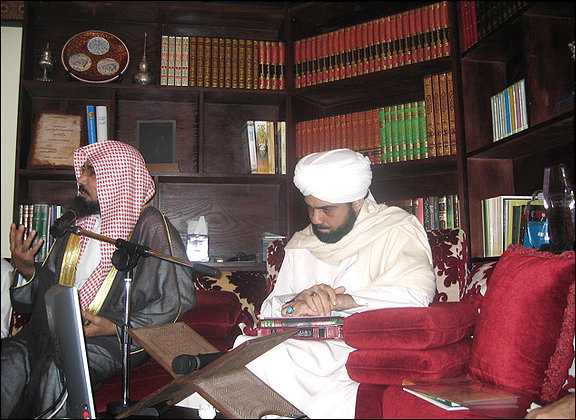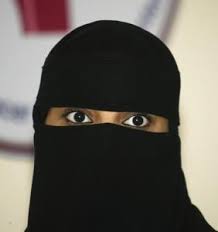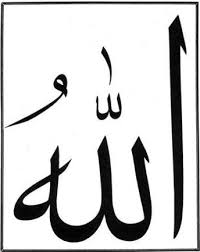Greetings in the name of our Lord Jesus. Jan & I have just returned
from 6 weeks in Indonesia where we observed the C5 model in many
places. For nearly 20 years, we have been monitoring what is called
the C1-C6 spectrum. The C5 aspect seems to have evolved into a
deviation of the historic biblical model. Many different aspects of
this C5 model are being promoted, taught, and practiced by members of
historic evangelical mission groups as well as by some of the newer
agencies created for unreached peoples.
Our concern, along with that of others, is that individuals are
developing this philosophy with little or no accountability to the
Church at large. This may relate to your agency and its supporters.
In our research, we have discovered the following aspects of C5 that
are not commonly reported in journal articles.
Some C5 people are encouraging Muslim converts to remain in their
former religious practices. Their teaching is not just about
indigenous cultural practices. They promote having followers of Isa Al
Masih continue to call themselves Muslims and some urge and teach the
performance of /sholat/ prayers and other Muslim religious
ceremonies/practices. Some courses are being conducted by expat
missionaries to teach non-Muslims how to do the /sholat/ prayers.
Some expat missionaries have joined the mosque by praying the
/syahadah/ (the official affirmation of faith which is “There is no
god but Allah and Mohammad is his prophet”). We know of 3 expat
missionaries in Indonesia alone who have done this but people speak of
some in other countries as well. Some are members of evangelical
mission agencies. Other expat missionaries are simply going to the
mosques and introducing themselves as “Muslims” (since the word
“Muslim” means submission to God) and following the mosque prayers.
Many expat missionaries support these practices either directly or
indirectly. We recently talked with a number of these who do not seem
to understand the implications either biblically or culturally. Since
the entire C1-C6 model has never developed a theological base, it is
not surprising that they have not thought through many of the
implications.
There is a seeming lack of inquiry concerning how this C5 “Muslim
followers of Isa” approach is perceived theologically or politically
by the Muslim community.
C5 teaching redefines Christian theology by creating a process of
salvation similar to oriental religions where one has to go through a
series of steps or experiences before one can be saved; e.g., first
believing in Jesus as prophet, then learning that he is more than a
prophet, etc. Each step requires a new affirmation of faith.
Some of the C5 people have created new translations of the Bible where
the terms “Son of God” and “Lord” are changed to cloud their meaning
in order to accommodate Muslim sensitivity to biblical teaching.
Others write journal articles where scripture is reinterpreted to
support the idea that Paul & other biblical figures accommodated their
teaching to other religious traditions.
Some are using new terms such as “insider” to promote the idea that
Muslim converts themselves have created these distinctive patterns.
Our research leads us to conclude that the C5 theory & practices have
been created and driven by expat missionaries and mission agency
money. Missionaries in Indonesia tell us there is only incidental
financial support from local believers.
If your agency is not a proponent of C5, I hope you will make that
known so that your agency will not be associated with this cult-like
movement.
Sincerely in Christ Jesus,
Roger Dixon
 Robert Worth argues in the International Herald Tribune that one of the effects of Syria's links with Iran, is that is now no longer isolated in the (Arab) World. Good reading. Here the article:
Robert Worth argues in the International Herald Tribune that one of the effects of Syria's links with Iran, is that is now no longer isolated in the (Arab) World. Good reading. Here the article:


















 The novel features a 5th century Egyptian monk in Alexandria and delves into the history of divisions among fathers of the church over the nature of Christ. The work sympathizes with sects that challenged the divine nature of Christ, and it quickly ignited fury within the Coptic Church, which has about 10 million followers in Egypt.
The novel features a 5th century Egyptian monk in Alexandria and delves into the history of divisions among fathers of the church over the nature of Christ. The work sympathizes with sects that challenged the divine nature of Christ, and it quickly ignited fury within the Coptic Church, which has about 10 million followers in Egypt. 















